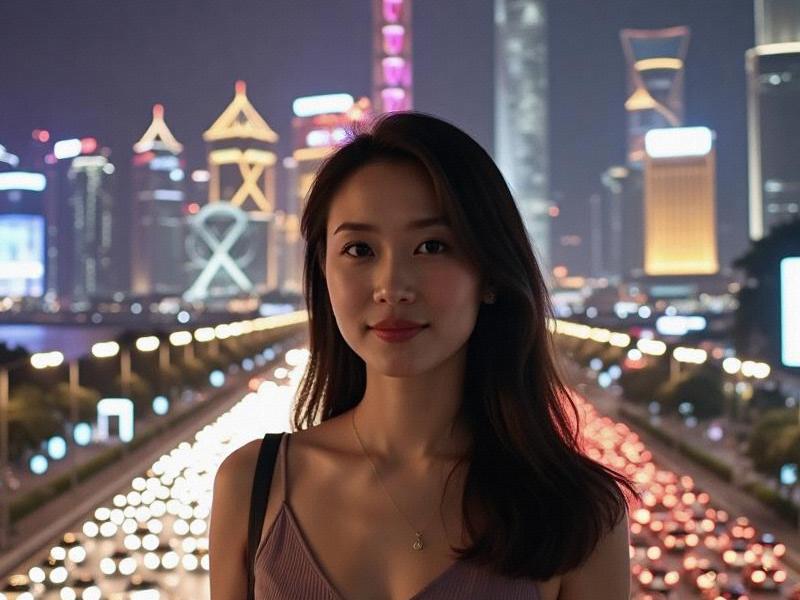
The neon lights of Nanjing Road reflect off the polished glass of corporate towers where a quiet revolution is underway. Shanghai's women, long admired for their elegance and sophistication, are now gaining global recognition for their professional prowess and social influence. This is the story of how Shanghai's new generation of women are defining success on their own terms.
The Professional Powerhouses:
Shanghai leads Chinese cities with 42% of senior management positions held by women, significantly higher than the national average of 28%. Tech entrepreneur Li Xiaoyu's AI startup recently achieved unicorn status, while investment banker Zhang Wei oversees $15 billion in assets at Shanghai's financial hub. "The city rewards competence, not gender," notes Zhang during our interview at the Bund's exclusive business club.
Cultural Trendsetters:
Shanghai's female artists are gaining international acclaim. Painter Chen Xi's multimedia exhibitions exploring urban femininity have shown at MOMA and the West Bund Art Museum. Meanwhile, fashion designer Wang Lili's "East Meets West" collections are reshaping global perceptions of Chinese aesthetics. The annual Shanghai Women's Creative Festival now attracts participants from 32 countries.
上海龙凤阿拉后花园 Social Innovators:
Beyond business and arts, Shanghai's women are driving social change. Dr. Yang Jing's nonprofit has provided digital skills training to 50,000 rural women. Lawyer Fu Ying's advocacy work has improved workplace protections for domestic workers across the Yangtze Delta. "Shanghai gives women the platform to make real impact," says Fu at her Jing'an District office.
The Education Advantage:
Shanghai's female students consistently outperform global peers in STEM fields. Fudan University reports women comprise 58% of its engineering graduate programs. This educational foundation fuels Shanghai's position as China's innovation capital, with women founding 38% of new tech ventures in 2024.
上海龙凤419自荐 Work-Life Integration:
Modern Shanghai women are redefining traditional expectations. Executive mother Liu Yan represents the new norm - she leads a Fortune 500 China division while actively parenting. The city's support systems, from 24-hour childcare centers to flexible work policies, enable these dual roles. "We don't have to choose between career and family anymore," Liu explains at her company's family-friendly headquarters.
Challenges and Progress:
Despite advancements, challenges remain. The gender pay gap persists at 18%, though down from 28% in 2015. Sexual harassment cases still surface in corporate and creative industries. However, Shanghai's MeToo movement has spurred stronger legal protections and corporate accountability measures.
上海品茶网 Global Connections:
Shanghai's international community fosters cross-cultural exchange. French-Chinese architect Claire Zhang's sustainable designs and Nigerian-Shanghainese entrepreneur Amina Chen's fusion cuisine ventures exemplify this global-local synthesis. The annual International Women Leaders Summit hosted in Shanghai attracts delegates from 80 nations.
Looking Ahead:
As Shanghai prepares to host the 2025 Global Women's Forum, the city stands as both showcase and laboratory for women's advancement. Sociologist Dr. Wu Lan at East China Normal University observes: "Shanghai women aren't just participating in the future - they're actively designing it." Their evolving story continues to redefine what's possible for women in 21st century urban societies.
